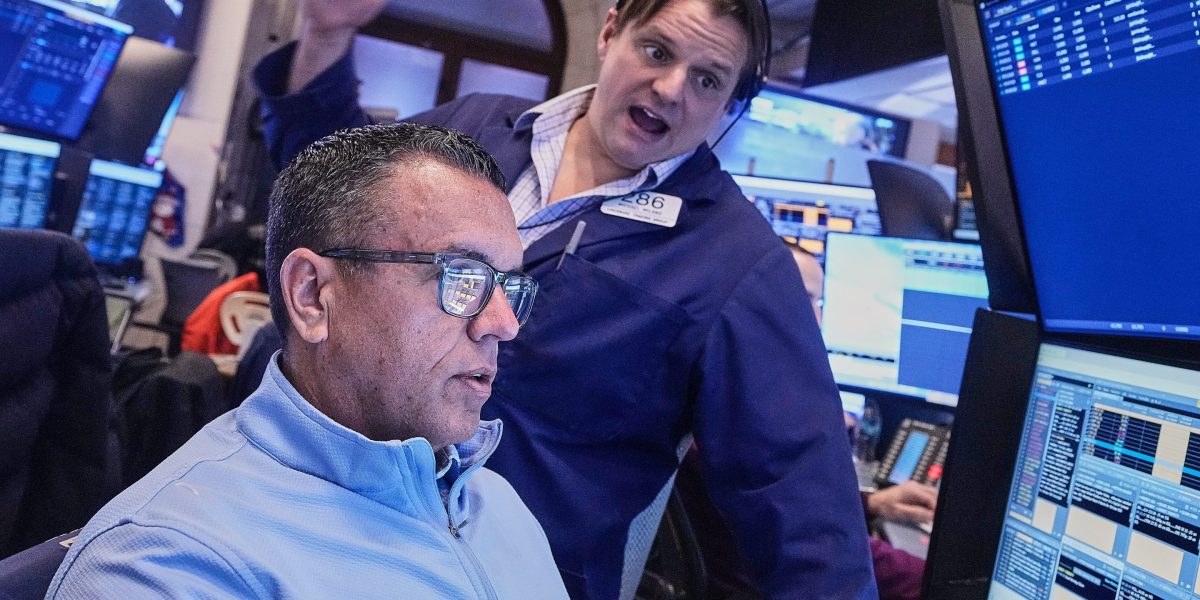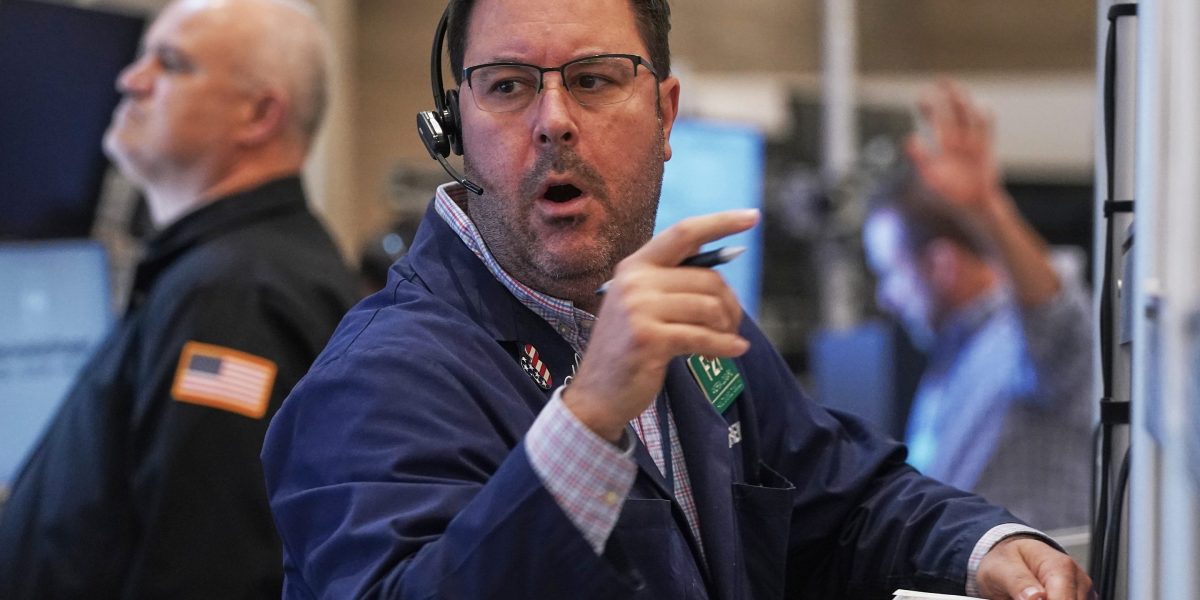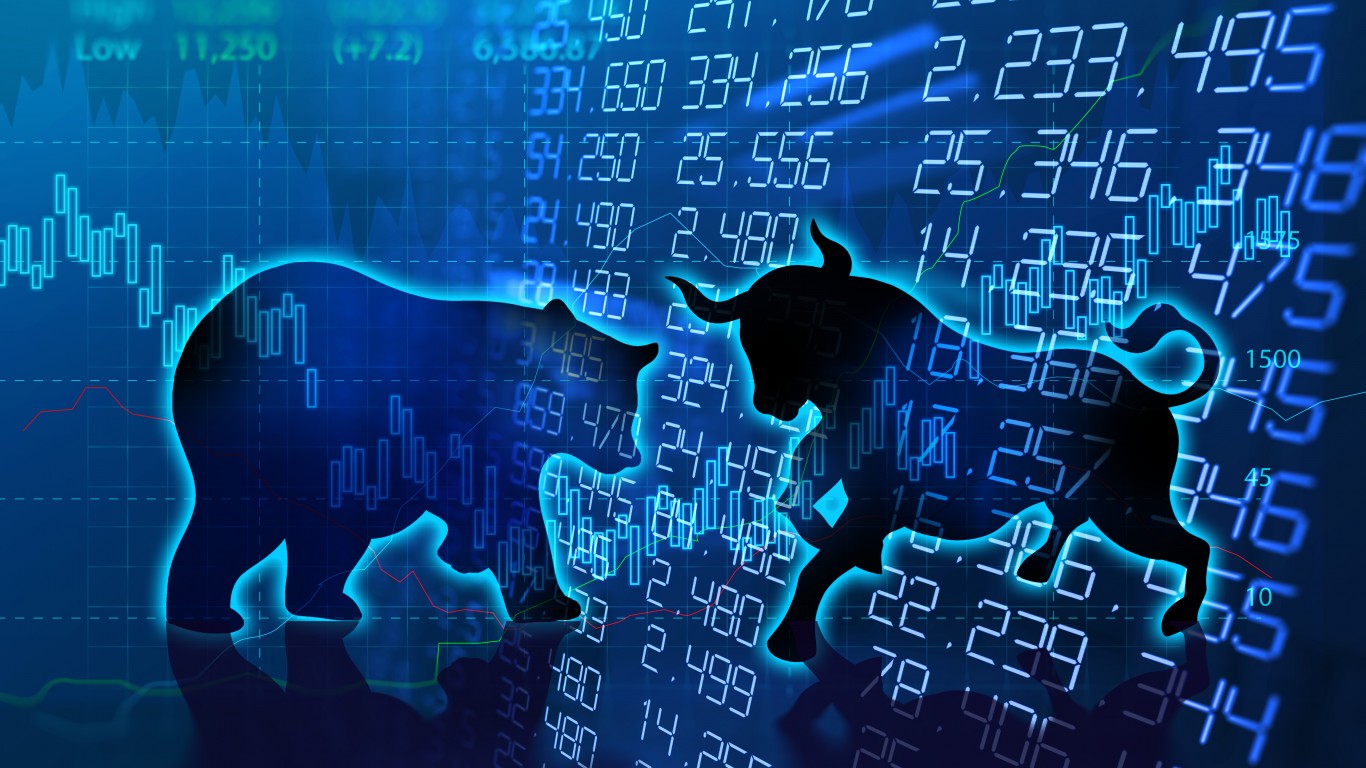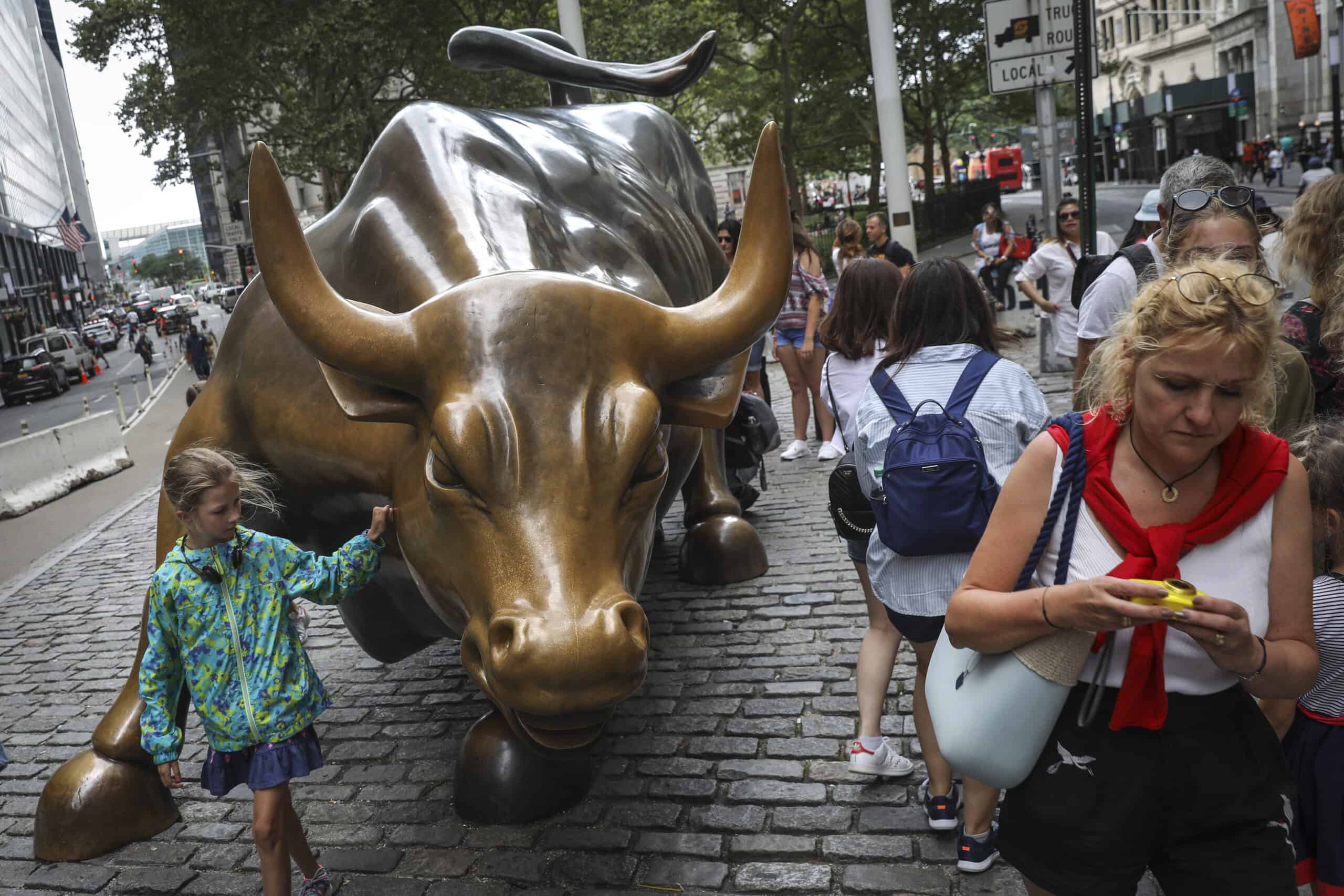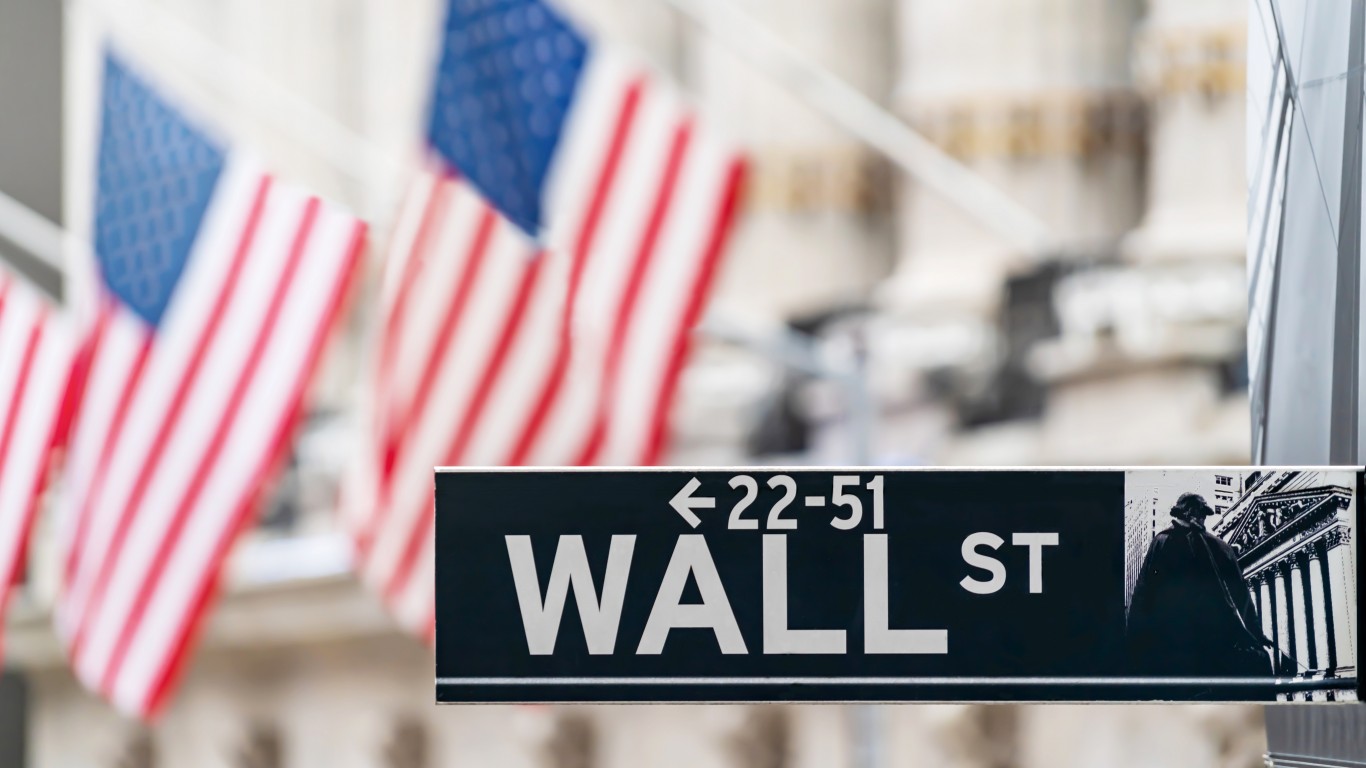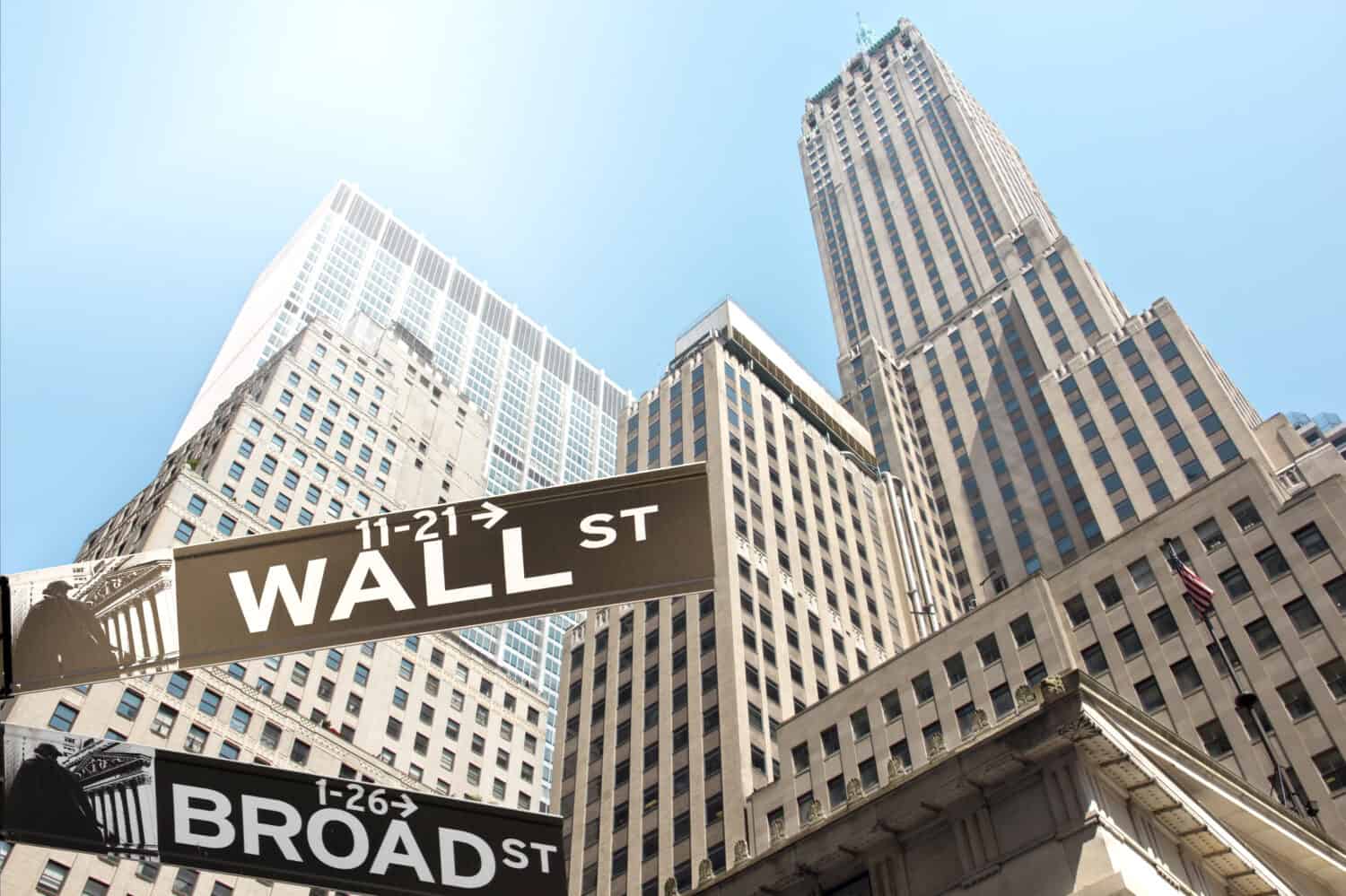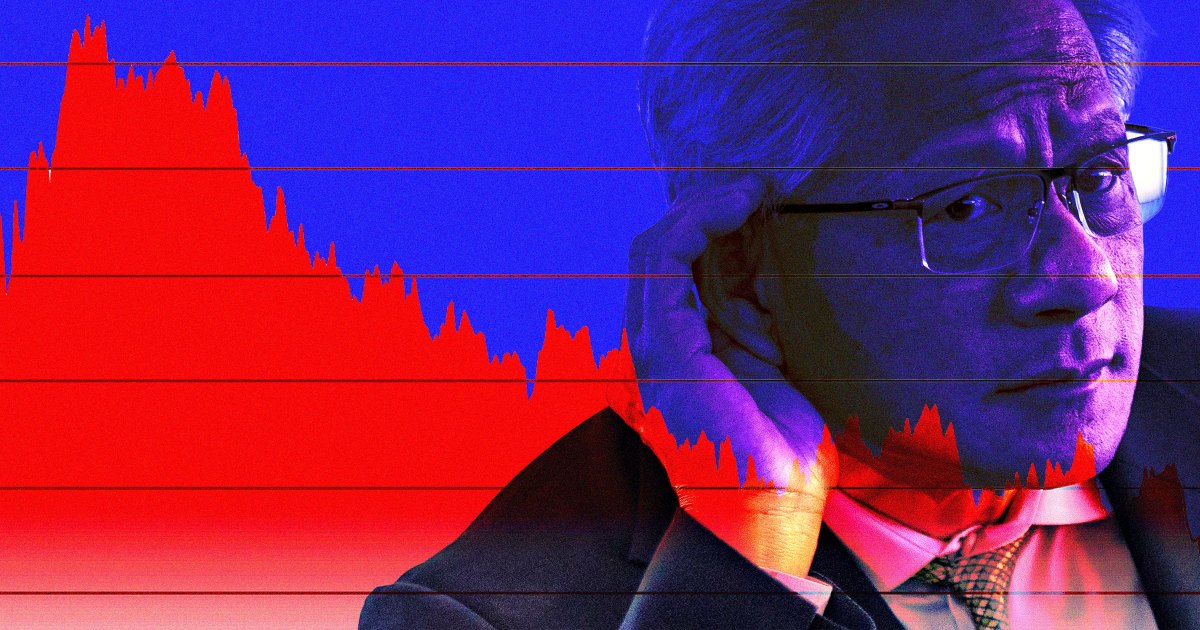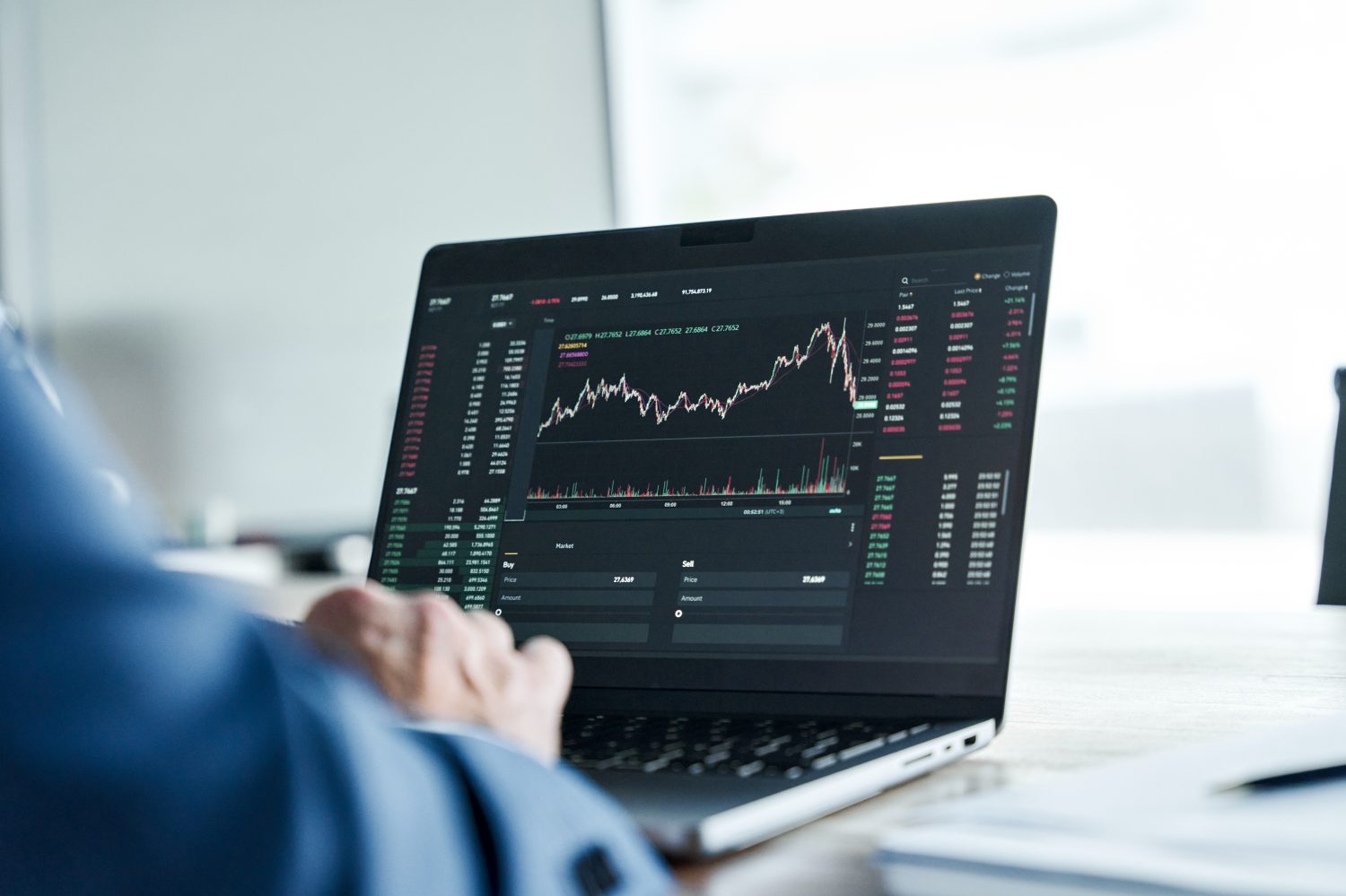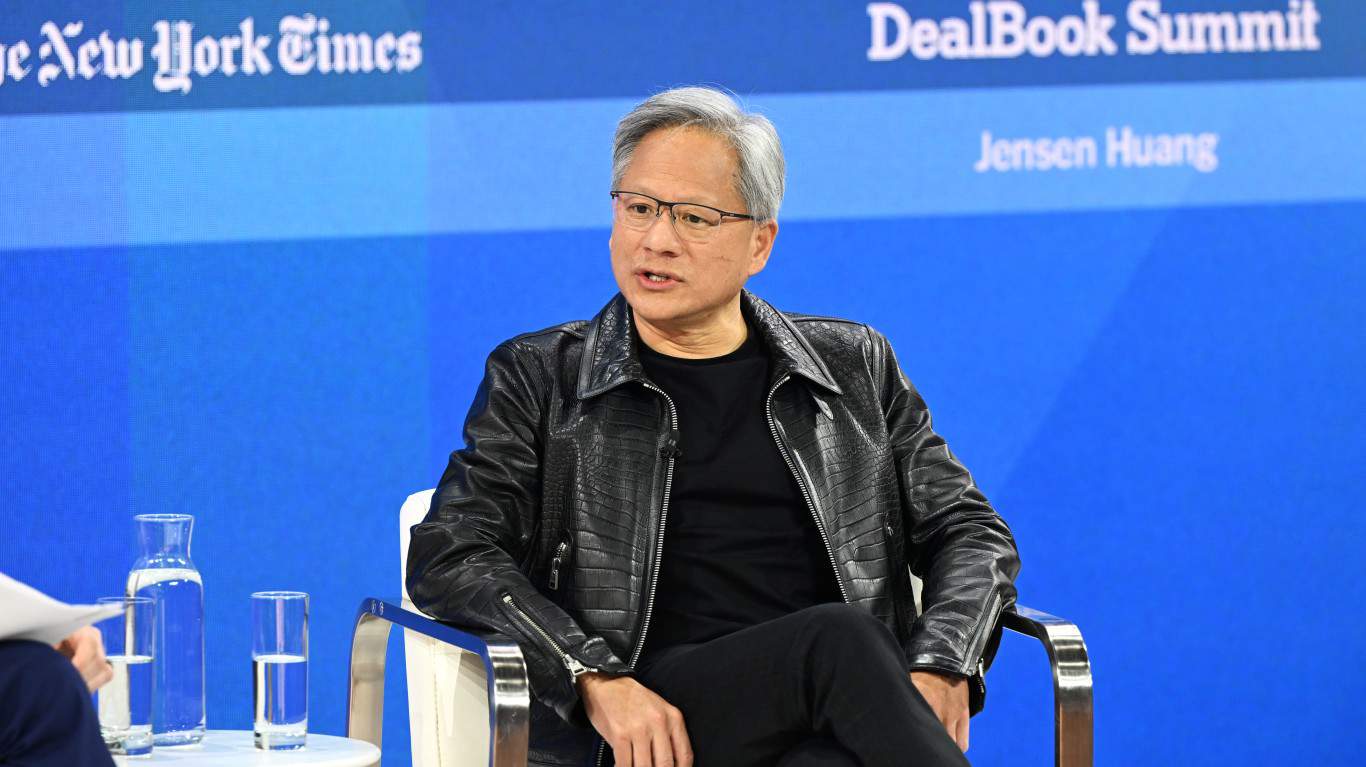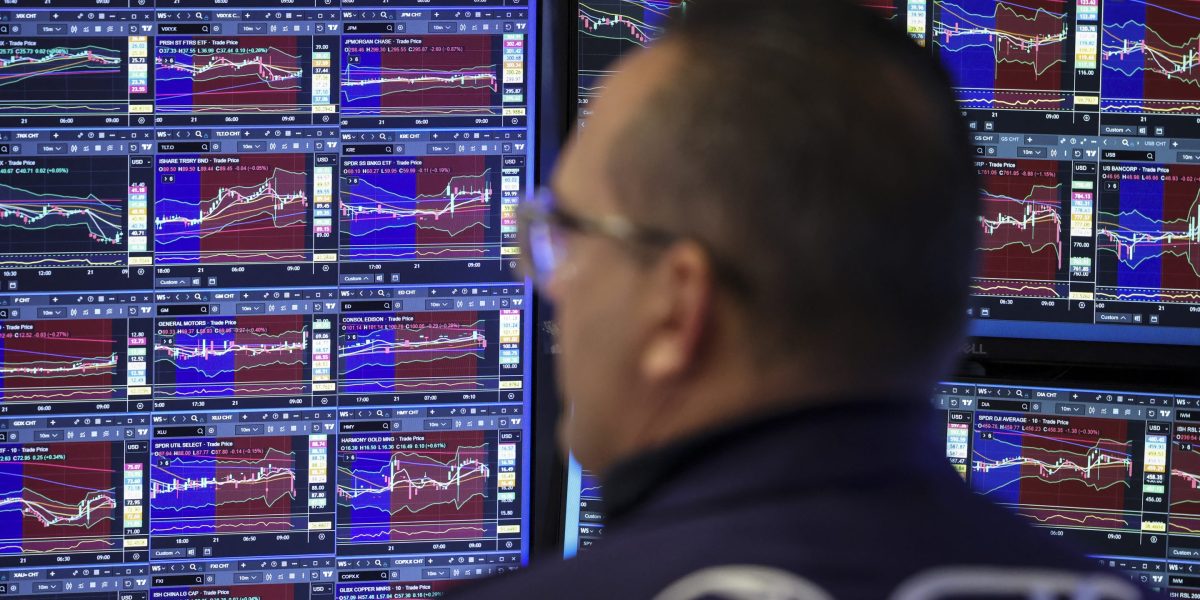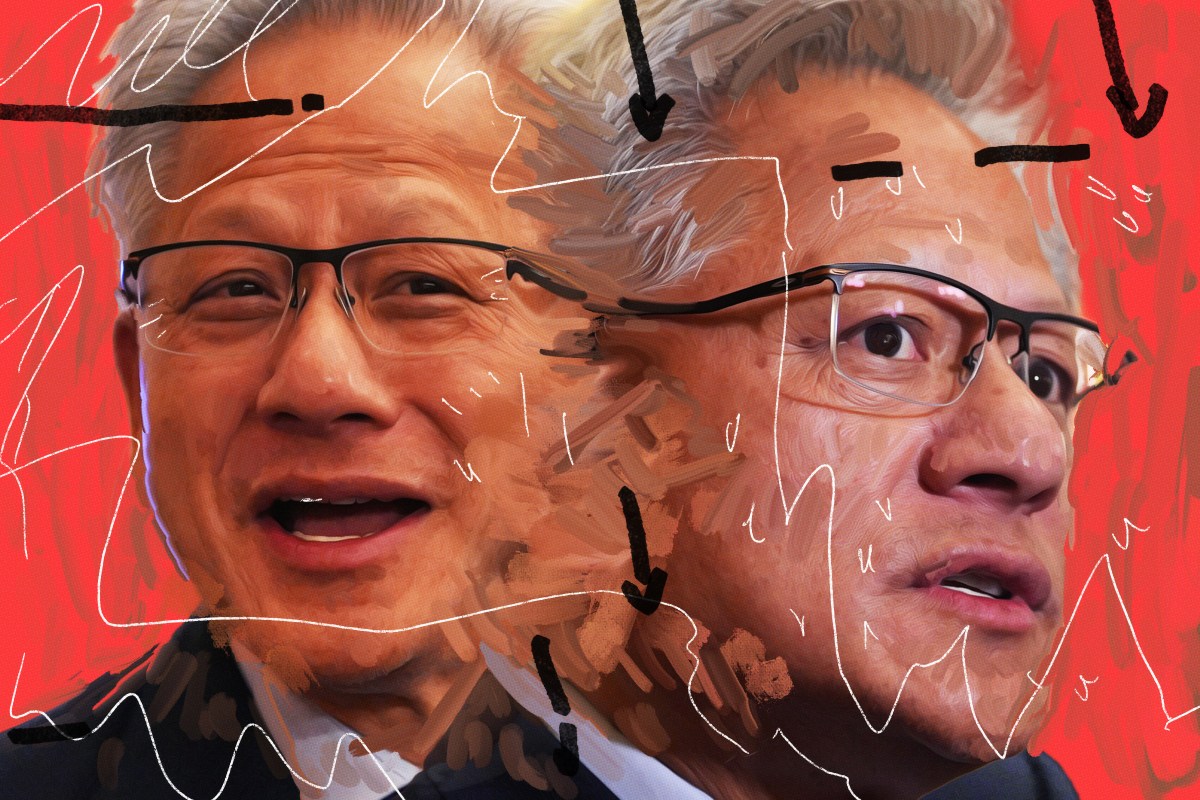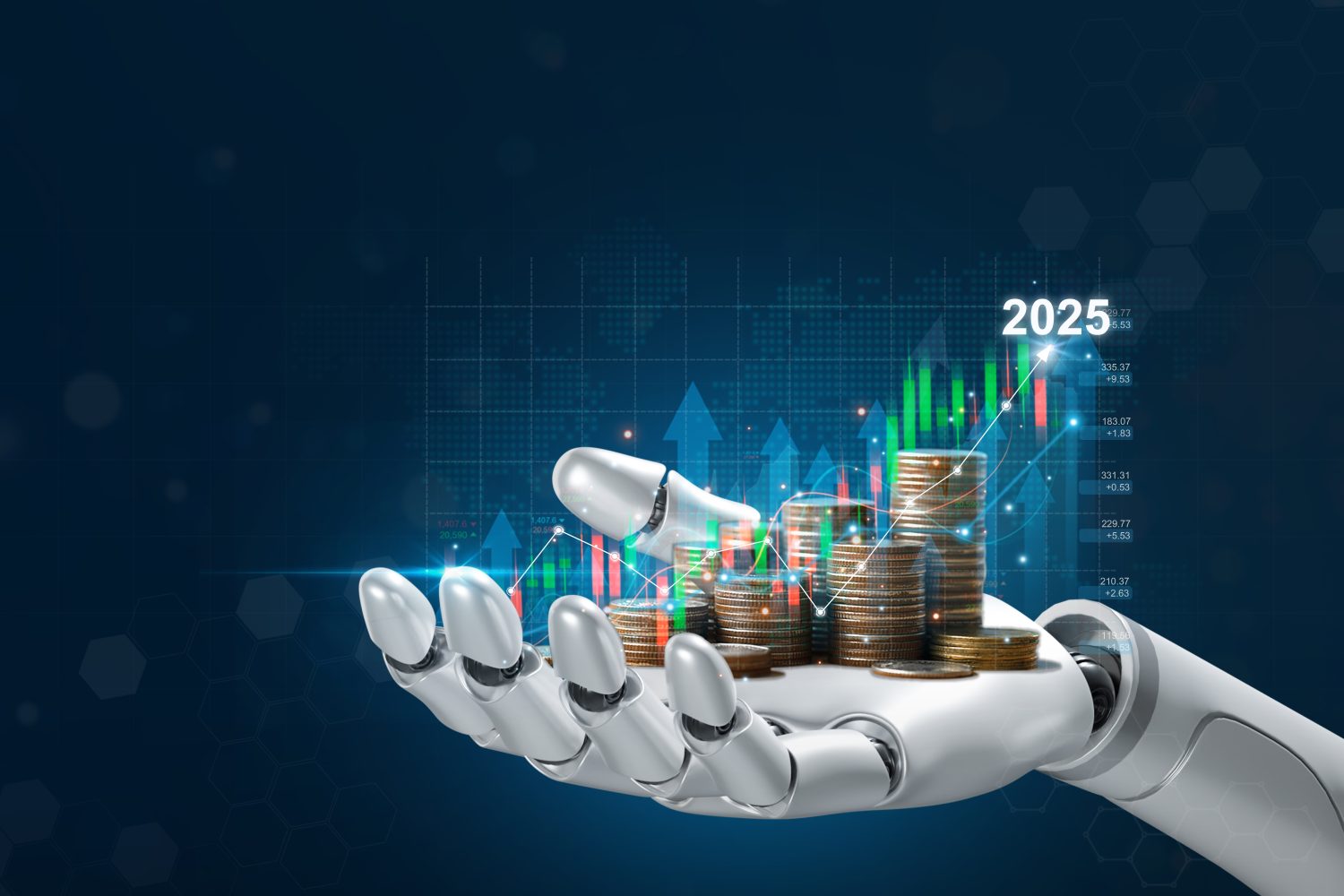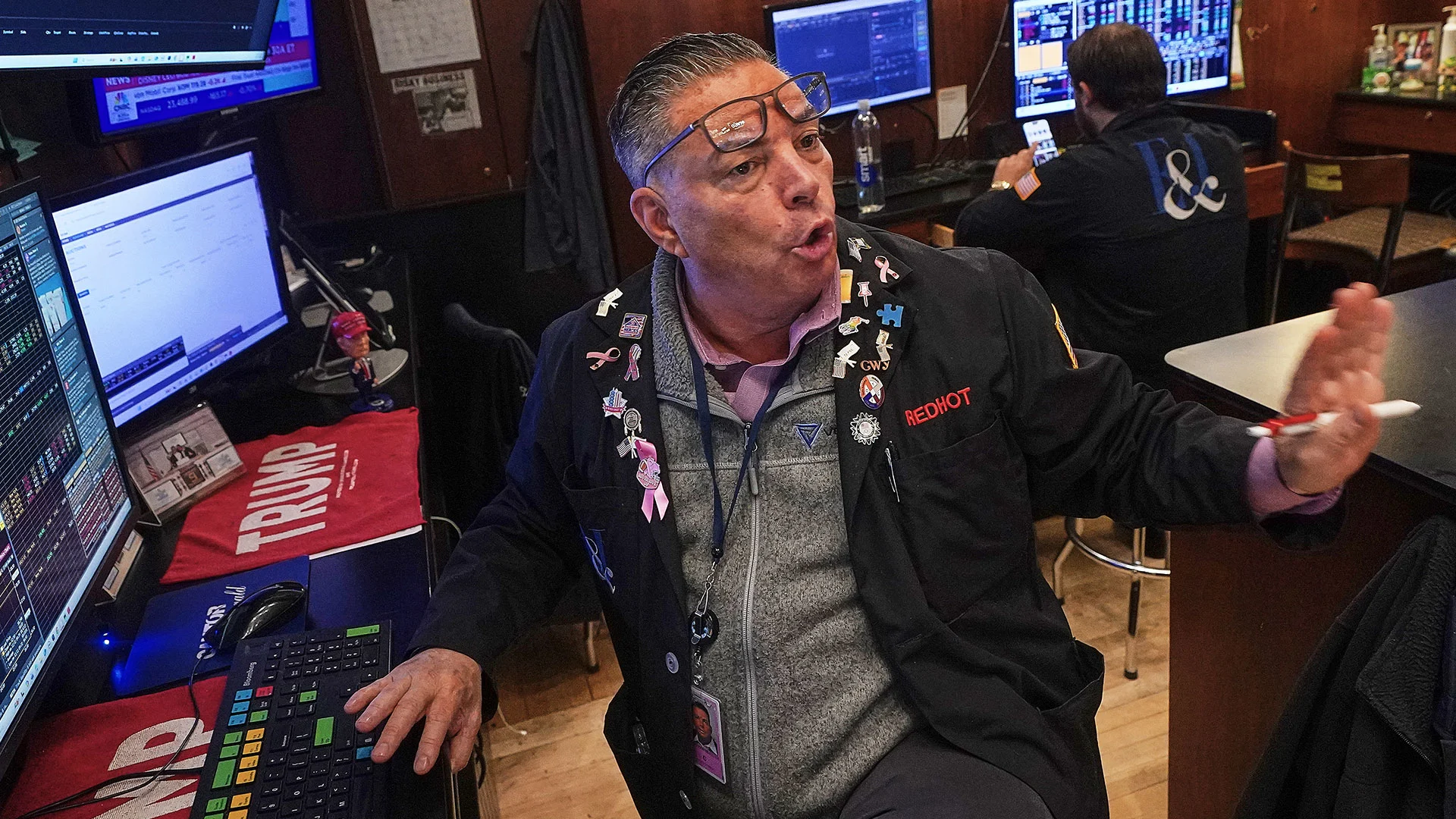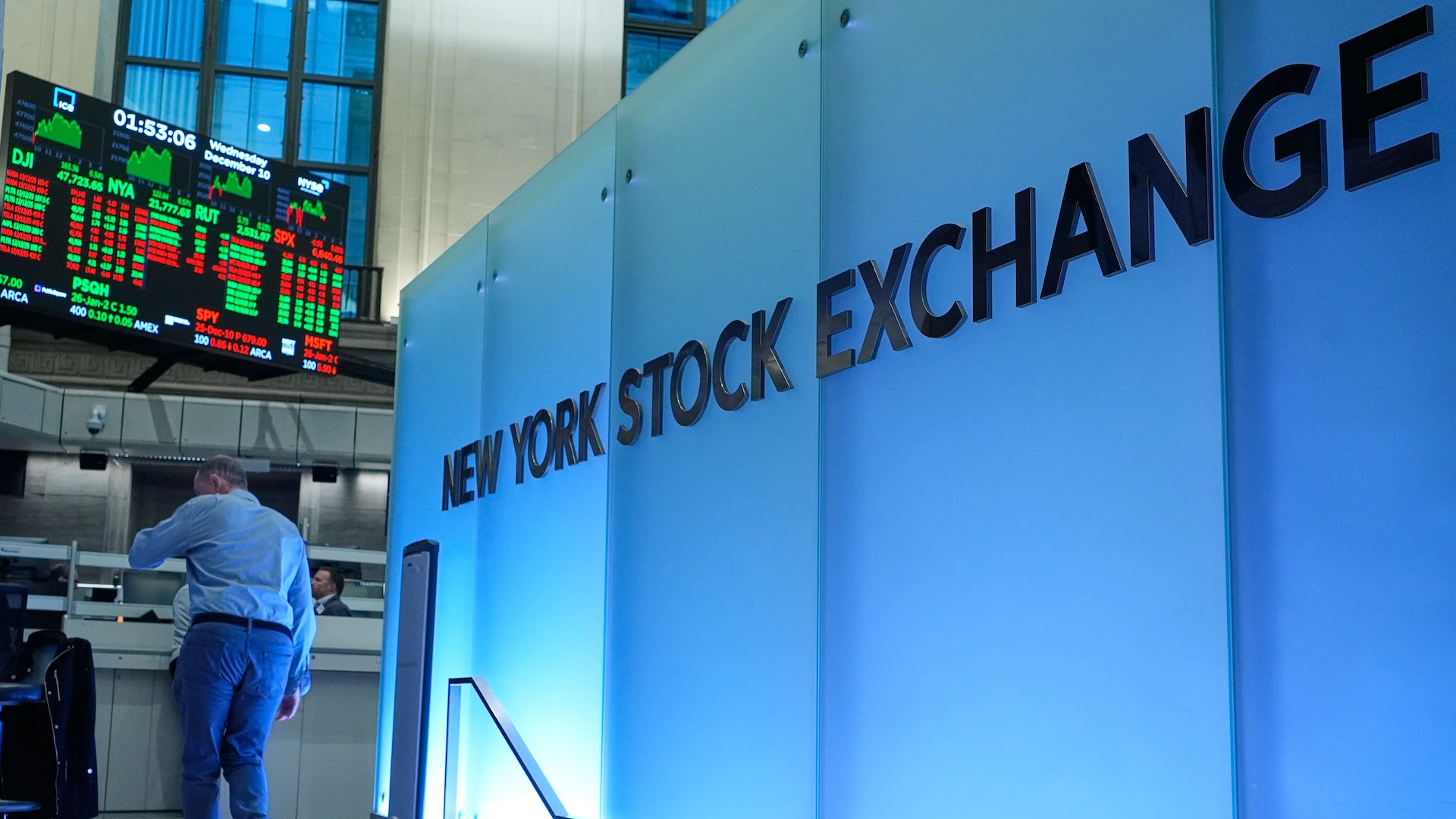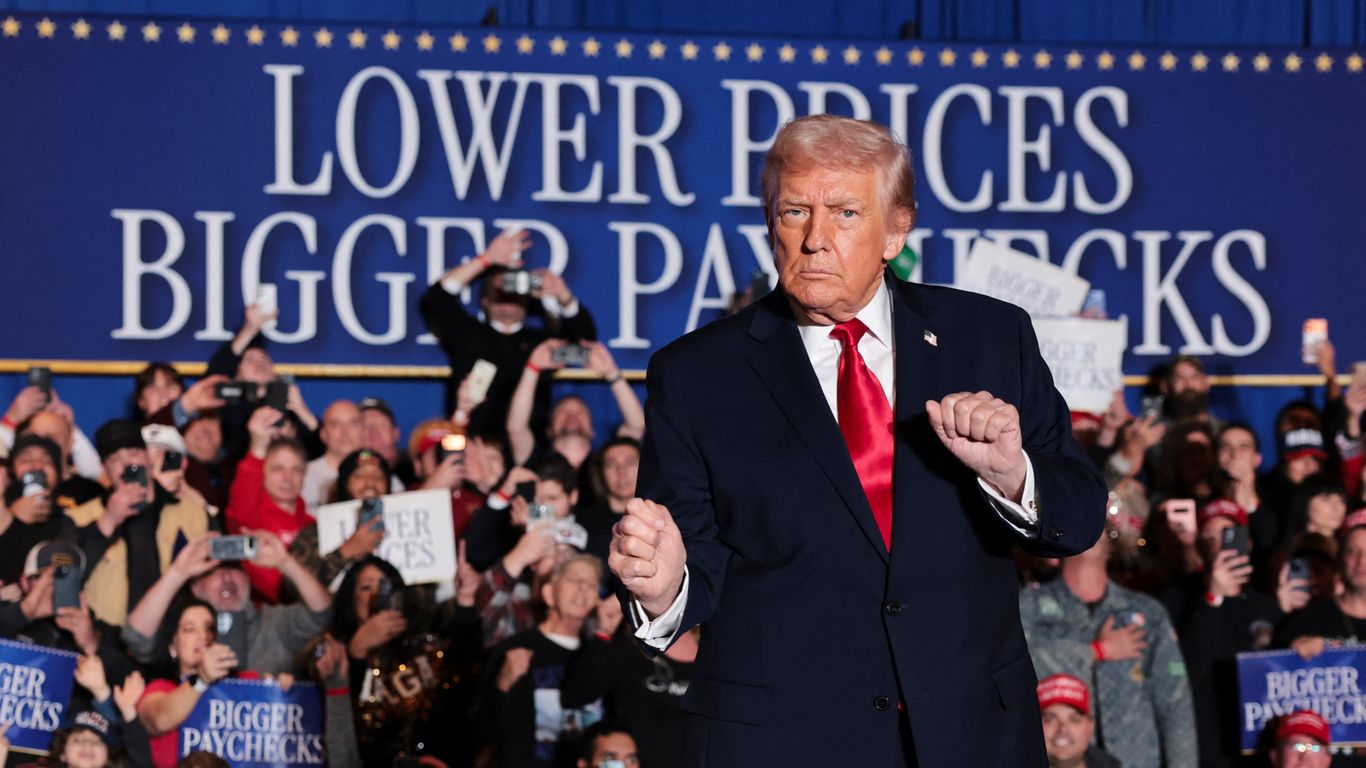#stock-market
#stock-market
[ follow ]
#federal-reserve #nvidia #artificial-intelligence #earnings #interest-rates #treasury-yields #bitcoin #inflation
Business
from24/7 Wall St.
5 days agoHere Are Friday's Top Wall Street Analyst Research Calls: Broadcom, Circle Internet, Kenvue, Medtronic, Sandisk, Southwest Airlines, Spotify, and More
Stocks pulled back after a big rally; Nasdaq led declines while safe-haven demand drove Treasury yields lower and energy prices higher amid Iran concerns.
fromFortune
1 week agoTrump TACO trade roars as stocks recover half of yesterday's loss after messages over 'piece of ice' from Davos | Fortune
The U.S. stock market bounced back from its worst day since October on Wednesday after President Donald Trump said he reached the framework for a deal about Greenland, an island he's long coveted, and won't impose tariffs he had threatened on several European countries. The S&P 500 rallied 1.2% after Trump said the deal, "if consummated, will be a great one for the United States of America" and its allies in the North Atlantic region.
US politics
Media industry
fromFast Company
4 weeks agoVersant stock price sinks on Nasdaq trading debut as Comcast spinoff tests investor appetite for legacy cable TV
Versant's spinoff from Comcast faces market skepticism as shares tumbled amid structural decline in traditional cable subscriptions despite recent subscriber gains.
Business
fromFast Company
1 month agoQuantum computing stocks soar, then fall, in holiday week trading. What's up with D-Wave, Rigetti, and IonQ?
Quantum computing stocks surged, with D-Wave up almost 15% and other firms gaining, reflecting CES-related news and growing investor enthusiasm and large YTD gains.
fromFast Company
1 month agoRocket Lab stock price soars: Why the SpaceX rival is blasting off today
Shares in Rocket Lab Corp were heading for their second day of gains on Monday after the aerospace manufacturer was named as one of four companies that will build tracking satellites for the U.S. Space Development Agency (SDA). The stock (Nasdaq: RKLB) was up more than 4% in premarket trading on Monday as of this writing. That's in addition to a jump of 17% on Friday when the news was announced. Share are now trading at record highs.
Science
fromFast Company
1 month agoTrump Media stock price skyrockets on surprise announcement of merger with TAE Technologies
The company will merge with TAE Technologies-a privately held fusion energy firm that's backed by Alphabet, Chevron Technology Ventures, and others-in a deal that's worth more than $6 billion. It's an all-stock deal, which is expected to close sometime next year, and is a huge and eyebrow-raising move for Trump Media, which is best known as the owner of President Trump's social media platform, Truth Social.
US politics
fromFast Company
1 month agoPot stocks pop on Schedule 3 hopes: Tilray Brands, Trulieve Cannabis, Cresco Labs: How high will they go?
Reports first emerged last week that the Trump administration might change marijuana from a Schedule I drug to a Schedule III drug, which would lessen restrictions on it. On Monday, President Trump told reporters that he was "considering" the reclassification. "We are considering that because a lot of people want to see it-the reclassification, because it leads to tremendous amounts of research that can't be done unless you reclassify," Trump stated, according to CNN. "So, we are looking at that very strongly."
US politics
Business
from24/7 Wall St.
2 months agoStock Market Live December 5: S&P 500 (SPY) Heads for Another Winning Day
Markets rallied on strong rate-cut expectations after softer-than-expected US PCE inflation and rising job-cut reports while Netflix agreed to buy Warner Bros. Discovery assets for $72 billion.
US politics
fromFortune
2 months agoThe S&P 500 could hit 7,000 this week, while Trump hints at a Fed chair pick and Washington eyes this special election | Fortune
Markets rallied on renewed rate-cut expectations while Trump's pending Fed chair pick and a Tennessee special election could shift monetary outlook and congressional balance.
from24/7 Wall St.
2 months agoHere's How I'd Allocate $100,000 in Capital In This Topsy-Turvy Market
The current dynamics playing out in the stock market are really hard to describe right now. On the one hand, there are pockets of the economy that are red-hot, with hundreds of billions of dollars flowing into high-powered growth trends like AI that are clearly propping up valuations across the board. On the other hand, the vast majority of stocks in the overall market may already be in bear market territory. That's representative of a weakening consumer, and the view that valuations may have gotten a bit too distorted in the post-pandemic era.
Business
from24/7 Wall St.
2 months agoStock Market Live November 28: S&P 500 (SPY) Running Higher on Black Friday
As we get ready to jump into the final month of 2025, S&P 500 futures are rallying. Up about 11 points, it's getting set to wrap up what's been a very volatile month. Meanwhile, the SPDR S&P 500 (SPY) is up about $1.65 this morning. The Dow Jones is up about 53, with the NASDAQ up about 72. Granted, we had a rough start to the day. All after CME trading came to a standstill following a cooling issue at one of its data centers.
E-Commerce
from24/7 Wall St.
2 months agoHere Are Wednesday's Top Wall Street Analyst Research Calls: DoorDash, Freeport-McMoRan, GitLab, Home Depot, Medtronic, Molson-Coors, and More
The day of truth has finally come for the stock market and the AI/Datacenter/Hyperscaler trade, at least for now. NVIDIA Corp. ( NASDAQ: NVDA) will release perhaps the most anticipated set of quarterly results in the last 25 years or more at 5 PM EST today after the close. Wall Street is looking for earnings per share of $1.25 and a median revenue of $55 billion.
Business
from24/7 Wall St.
2 months agoStock Market Live November 14: S&P 500 (VOO) Selloff Continues, And No One Really Knows Why
The Vanguard S&P 500 ETF ( NYSEMKT: VOO) had its worst day in months on Thursday, falling 1.6%, and the selloff appears likely to continue as Friday dawns, with the ETF down another 1% premarket. And why? Your guess is as good as anyone else's. Theories range from worries that artificial intelligence isn't generating the efficiencies it was supposed to (such that investments in AI aren't paying off for companies using it) to fears that AI stocks have been bid up to unsustainable valuations.
Business
US news
from24/7 Wall St.
2 months agoHere Are Thursday's Top Wall Street Analyst Research Calls: AbbVie, AppLovin, Autozone, Booking Holdings, CoreWeave, DoorDash, and More
Dow hits record high while rotation from high-valuation tech to other stocks continues; Nasdaq and small caps lag amid falling Treasury yields and oil weakness.
fromFortune
2 months agoAI stocks lead Wall Street rebound as Nvidia, Palantir surge and S&P 500 claws back last week's losses | Fortune
Big Tech and other superstars of the U.S. stock market are rallying on Monday, as Wall Street recovers most of its loss from last week. The S&P 500 climbed 1.3% to claw back three-quarters of its drop from last week, which was its first weekly loss in four. The Dow Jones Industrial Average was up 245 points, or 0.5%, as of 1:15 p.m. Eastern time, and the Nasdaq composite was 2.1% higher. Nvidia was by far the strongest force lifting the market and rallied 4.8%.
Business
from24/7 Wall St.
2 months agoStock Market Live November 10: S&P 500 (SPY) Flying on Potential End to Shutdown
For weeks, the government shutdown created a good deal of uncertainty. Today, though, markets are rocketing on news that the government shutdown may soon be over. The S&P 500 is up 62 points. The SPDR S&P 500 ETF ( SPY) is up $6.17 a share. The Dow is up about 173, as the tech-heavy NASDAQ rallies 370 points. In the latest agreement, some Democrats and Republicans finally reached a vote of 60 to 40 to advance the vote to the next stage.
US news
Business
fromFortune
3 months agoIt's getting harder to separate the stock market from the economy. That means the Fed and Congress have more incentive to help Wall Street | Fortune
Rising stock and housing wealth increasingly drive consumer spending, amplifying the wealth effect and linking financial markets more closely to the real economy.
from24/7 Wall St.
3 months agoStock Market Live October 27: S&P 500 (SPY) Racing Higher on Potential Trade War Truce
"This framework potentially includes a delay of China's rare earths restrictions that caused the latest trade flare-up, a spiking of Trump's threatened 100% tariffs on China that were to start Nov. 1, and a resumption of Chinese purchases of soybeans. The agreement may include a resolution of the TikTok dispute with the U.S., getting a deal for the U.S. version of the social video app," they added.
Business
fromFast Company
3 months agoMarkets are soaring today-with this exception. Here's why these stocks are dropping by double digits
"I'm not going to get ahead of the two leaders who will be meeting in Korea on Thursday, but I can tell you we had a very good two days," Bessent said. "So I would expect that the threat of the 100% [tariff] has gone away, as has the threat of the immediate imposition of the Chinese initiating a worldwide export control regime."
Business
fromFortune
3 months agoPayPal and UPS are sparking a late-session rally, powering stocks to fresh records | Fortune
Moves were also relatively modest in the bond market as Wall Street waits for a few events that could shake things up. On Wednesday, the Federal Reserve will announce its latest move on interest rates, while some of the stock market's most influential companies will report how much profit they made during the summer. On Thursday, President Donald Trump will meet China's leader, Xi Jinping, in hopes of smoothing tensions between the world's two largest economies.
Business
[ Load more ]

